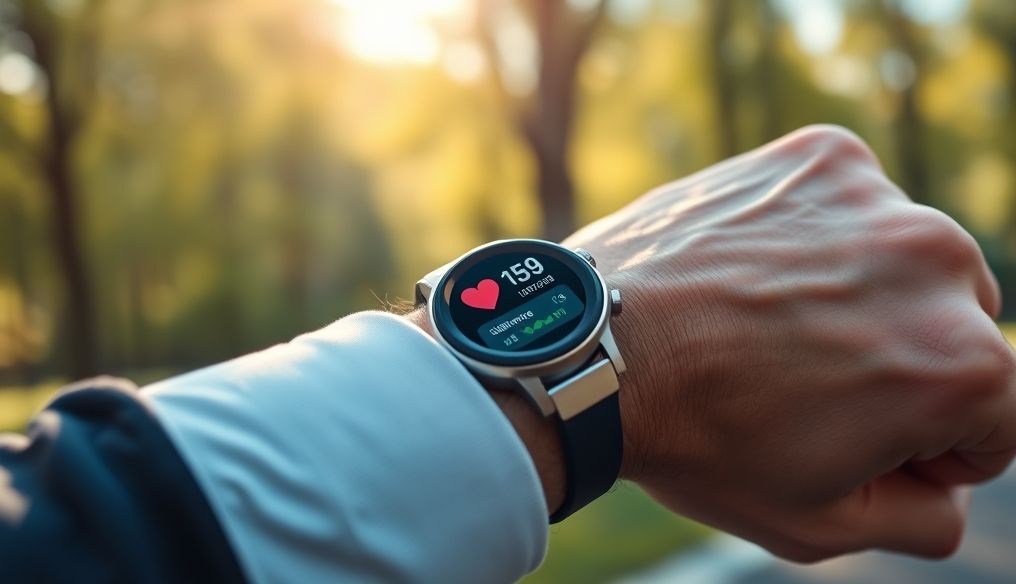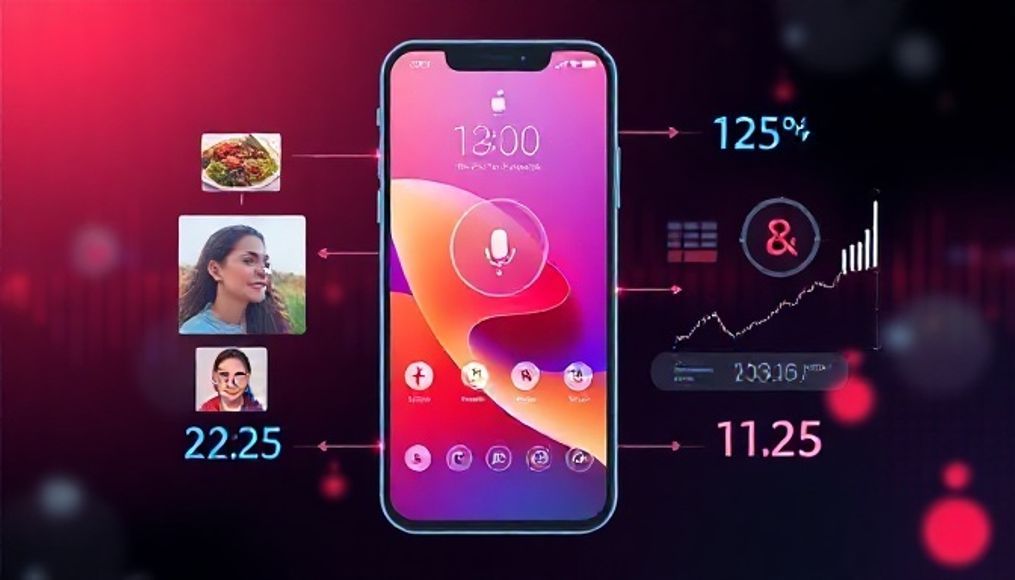Are Smartwatches Really Beneficial for Health and Fitness, or Just a Trendy Gadget?
Smartwatches have become an integral part of our daily lives, promising to track our activities, monitor our health, and improve our fitness. But are these promises real? Are smartwatches really beneficial, or are they just expensive trendy gadgets? In this article, we will explore the potential benefits and risks of using smartwatches for health and fitness, and provide you with the information you need to make an informed decision.
1. What are Smartwatches and How Do They Work?
A smartwatch is a wearable electronic device that resembles a traditional watch, but features advanced functions such as tracking physical activity, monitoring heart rate, receiving notifications from a smartphone, making calls, and even making electronic payments. Smartwatches rely on a variety of sensors to track data, including:
- Accelerometer: Measures movement and is used to track steps and distance traveled.
- Altimeter: Measures altitude and is used to track the number of floors climbed.
- Heart Rate Sensor: Uses light to measure heart rate.
- Global Positioning System (GPS): Used to track location and distance traveled during outdoor activities.
- Blood Oxygen Sensor (SpO2): Measures blood oxygen levels.
2. Benefits of Smartwatches for Health and Fitness
Smartwatches offer a wide range of potential benefits for health and fitness, including:
2.1. Tracking Physical Activity
This is the most common feature of smartwatches, tracking the number of steps, distance traveled, calories burned, and time spent exercising. This tracking can help you stay motivated and achieve your fitness goals.
2.2. Monitoring Heart Rate
Smartwatches monitor your heart rate at rest and during exercise. This can help you understand how efficiently your heart is working, identify areas that need improvement, and detect any potential health problems.
2.3. Tracking Sleep
Smartwatches monitor your sleep patterns, including sleep duration, sleep quality, and different sleep stages. This can help you understand your sleep habits and identify any potential problems, such as insomnia.
2.4. Movement Reminders
Smartwatches send regular movement reminders if you sit for too long. This can help you avoid prolonged sitting, which can be harmful to your health.
2.5. Providing Analyzable Data
Smartwatches collect the data they gather and turn it into easy-to-understand charts and reports. This can help you track your progress over time, identify areas that need improvement, and make informed decisions about your health and fitness.
2.6. Motivating Physical Activity
Smartwatches can help you stay motivated to exercise by providing challenges, rewards, and encouragement from friends and family.
3. Potential Risks of Using Smartwatches
Despite the potential benefits, there are also some potential risks of using smartwatches, including:
3.1. Data Accuracy
The data collected by smartwatches may not always be accurate. For example, estimates of calories burned may be inaccurate, and heart rate readings may not be accurate during intense exercise. It is important to remember that smartwatches are not medical devices and should not be used to diagnose or treat any medical condition.
3.2. Over-Reliance on Technology
Using smartwatches can lead to over-reliance on technology, which can lead to ignoring the signals your body sends. It is important to listen to your body and stop exercising if you feel any pain or discomfort.
3.3. Privacy Issues
Smartwatches collect a large amount of personal data, including location data, physical activity data, and sleep data. It is important to be aware of the privacy policies of the smartwatch manufacturer and take steps to protect your privacy.
3.4. Addiction
Some people may become addicted to using smartwatches, constantly checking their data and feeling anxious if they don't achieve their goals. It is important to use smartwatches in moderation and not let them control your life.
4. How to Choose the Right Smartwatch for You?
When choosing a smartwatch, there are several factors to consider, including:
- Features: What features are you most interested in? Do you need to track physical activity, monitor heart rate, track sleep, or receive notifications?
- Price: Smartwatch prices vary greatly. Set a budget before you start shopping.
- Compatibility: Make sure the smartwatch is compatible with your smartphone.
- Battery Life: Battery life varies greatly between different smartwatches. Choose a smartwatch with a battery life that suits your needs.
- Design: Choose a smartwatch with a design that suits your taste.
5. Tips for Using Smartwatches Effectively
To get the most out of your smartwatch, follow these tips:
- Set Realistic Goals: Don't try to change everything at once. Start with small, achievable goals, and then gradually increase them over time.
- Use the Smartwatch to Track Your Progress: Monitor your data regularly to see how you are improving.
- Use the Smartwatch to Motivate You: Use challenges and rewards to stay motivated.
- Listen to Your Body: Don't push yourself too hard. Stop exercising if you feel any pain or discomfort.
- Consult Your Doctor: If you have any health problems, consult your doctor before starting to use a smartwatch.
6. Smartwatches and Nutrition
Some smartwatches integrate with nutrition apps, allowing you to log your meals and track your calorie intake. This can be helpful if you are trying to lose weight or maintain a healthy weight. However, it is important to remember that smartwatches are not a substitute for consulting a nutritionist.
7. Smartwatches and Mental Health
Some smartwatches include features to monitor stress levels and provide breathing and meditation exercises. This can be helpful if you suffer from anxiety or stress. However, it is important to remember that smartwatches are not a substitute for therapy.
8. The Future of Smartwatches in Healthcare
Smartwatches are expected to play an increasingly important role in healthcare in the future. As technology evolves, smartwatches will become more accurate and able to track a wider range of health data. Smartwatches may be able to diagnose diseases early, monitor patients remotely, and provide personalized treatments.
Conclusion: Smartwatches can be a useful tool for improving your health and fitness, but they are not a magic bullet. It is important to use them in moderation and be aware of the potential risks. If you are considering buying a smartwatch, do your research and choose a smartwatch that suits your needs and budget.




